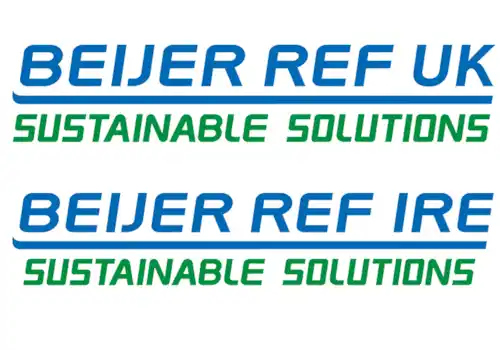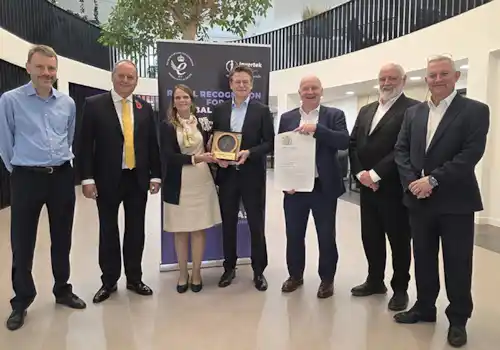08 August 2025
|
As Europe intensifies its efforts to combat climate change, the decarbonisation of commercial properties remains a challenge. Transitioning away from fossil fuel-based heating systems to sustainable alternatives is no longer optional but a necessity explains Graham Smith, Commercial Director UK&I, Carrier Commercial HVAC.
It’s time to decarbonise
The urgency of the decarbonisation challenge cannot be overstated. Buildings account for just over a third of global energy-related carbon emissions1, making innovative HVAC solutions essential to achieving climate targets. In particular, heating systems reliant on gas or oil represent a key area for innovation and improvement.
As policymakers and building owners seek to reduce their carbon footprint, high performance heat pumps are emerging as a compelling solution, especially those that can deliver reliable performance in colder climates and meet the high temperature demands of commercial and industrial properties.
Moving beyond hybrid systems
We’re at a point where buildings still rely on hybrid heating systems, which supplement heat pump performance with fossil fuel backup. But technology has now advanced to the point where fully electric systems can match or exceed these hybrid solutions, even in challenging weather conditions.
New-generation high-temperature air source heat pumps, like Carrier’s AquaSnap® 61AQ, operating on natural refrigerant R-290, are capable of delivering hot water temperatures of up to 75°C, with reliable operation even in outdoor conditions as low as -25°C. This makes them suitable for replacing gas boilers outright in many existing buildings across Northern and Central Europe.
Designing for performance, flexibility and future readiness
One of the enablers of this shift is modular system design. Scalable configurations now allow systems to be adapted to a wide range of applications, from small commercial buildings to district heating networks. This modularity not only simplifies installation and maintenance but also ensures that systems can be expanded or adapted as demand changes.
Key to system efficiency is the use of natural refrigerants.
The role of digital innovation
Digitalisation also plays a growing role in enhancing the performance and reliability of HVAC systems. Advanced control platforms now allow for remote monitoring, predictive maintenance, and real-time performance optimisation. This not only reduces downtime and operating costs but also empowers building operators to make data-informed decisions that align with their energy and carbon reduction goals.
Supporting the transition
The shift to clean heating technologies is one of the most impactful steps the commercial sector can take toward decarbonisation. The development of scalable, efficient and smart-enabled heat pump systems is a strong indicator of where the market, and regulation, is heading. With clear signals from government policy and growing demand for sustainable solutions, high-performance heat pumps offer a positive path forward for many commercial and industrial building owners. The transition is not without complexity, but with careful planning and the right technologies, it is increasingly within reach.
www.carrier.com
Source








